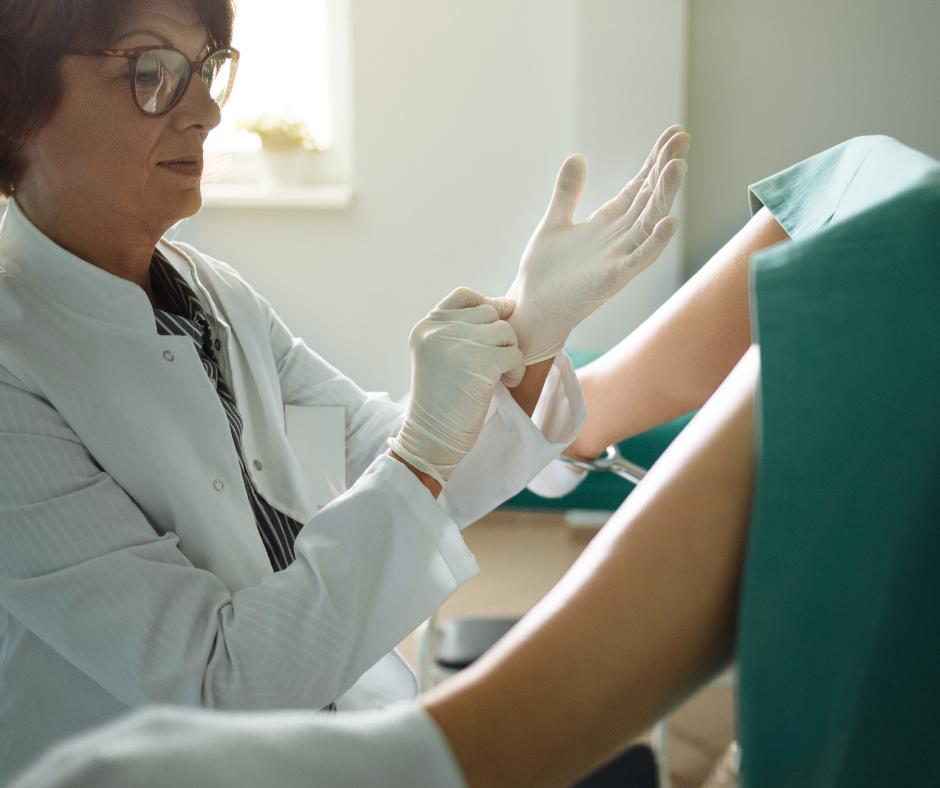Cervical Screening Tests
Everyone with a cervix aged 25-74 and who has ever been sexually active should have a cervical screening test every five years. The cervical screening test replaced the Pap smear in late 2017. It is a test that looks for the cause of most cervical cancer: human papilloma virus (HPV).
Your first cervical screening test is due at aged 25, or two years after your last Pap smear.
If you are having abnormal bleeding such as bleeding after sex or in between a period or any bleeding after menopause, make an appointment with a doctor to have your symptoms investigated. Don’t wait until your next cervical screening test.
Self-collected CSTs
From July 2022, most people in Australia who need a cervical screening test will be eligible to collect their own sample.
The self-collected test uses a specially designed swab that looks a bit like a cotton wool bud to collect cells from the vagina.
The self-collection is normally performed in a clinic setting, behind a private screen or in the bathroom. But you can also take the swabs away and collect the sample in your own home.
The test is simple, quick and safe. It is also as accurate at detecting human papilloma virus (HPV) – which causes most cervical cancers – as the test performed by a doctor or nurse.
Self-collection is a good option for people who find cervical screening tests uncomfortable or confronting.
Self-collection is not recommended for anyone:
- with symptoms such as abnormal bleeding, pain or discharge
- with a history of abnormal cervical screening test results who are required to return for repeat tests (called Test of Cure surveillance).
- who has been exposed to diethyl-stilbestrol (DES) in utero
- who has had a total hysterectomy with past history of high-grade squamous intraepithelial lesion (HSIL).
What is HPV?
HPV is a common infection easily passed on through unprotected sexual activity. Most HPV infections are naturally cleared by the body’s immune system in about two years without causing any problems. If the body does not clear the virus, cervical cells can change, and this may lead to cervical cancer. This usually take over 10 years.
The HPV vaccine does not protect against all types of HPV that can cause cervical cancer, so it is important to continue regular screening even after having the HPV vaccine
Make an appointment for a self-collected or doctor or nurse collected Cervical Screening Test today.
Check out this informative video on cervical screening by the Cancer Council South Australia below.
Useful documents
You might find these downloads helpful:
Cervical Screening Tests
This content is provided for general information and education purposes only and does not take into account individual circumstances. It is not to be relied on in substitution for specific advice from a medical professional and Family Planning Tasmania does not accept responsibility for such use. Family Planning Tasmania has taken every effort to ensure that the information is up to date and accurate, however information and knowledge is subject to change. Family Planning Tasmania advises that you always consult a medical professional for individual advice.
We're here for you at every stage of life
We have clinics in Burnie, Launceston, and Hobart. Interpreter services available.


